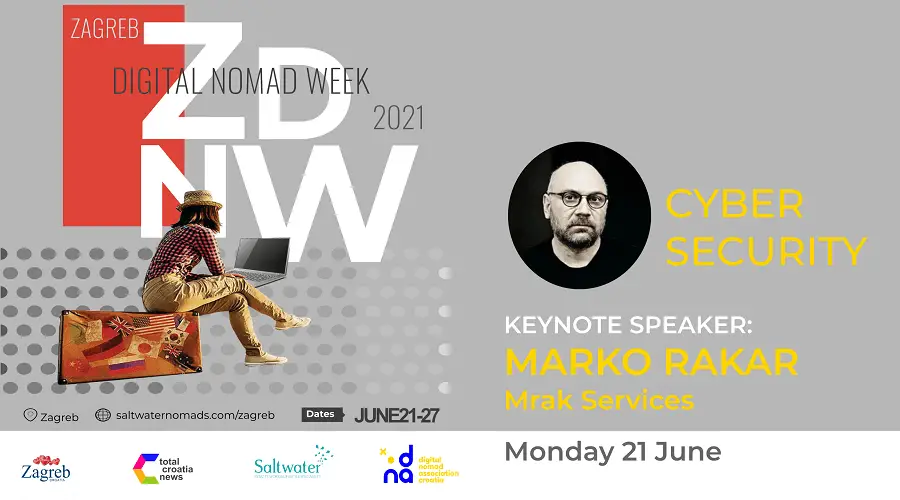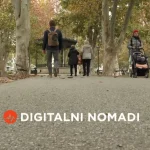Canopy by Hilton will be the venue of the opening day of Zagreb Digital Nomad Week – 7 days, 7 themes, and 7 locations in the city. Of the 7 themes to be covered in the week (cybersecurity, online presence, remote careers, tax & finance, wellbeing, the future of work, and exploring Zagreb), the opening day focused on cybersecurity will possibly be the most stimulating. And when you add a simulating speaker to a stimulating topic, ZDNW is destined to get off to a great start. We are delighted to announce Marko Rakar as the keynote speaker on Day 1, and I am grateful to him for sparing a little more time for this pre-conference interview.
On Monday, 21 June, keynote speaker Marko Rakar of Mrak.biz will bring us insights into cybersecurity and data analytics as it relates to location independent work, Croatia and global issues for cybersecurity related to recruitment, government policy and business.
Marko Rakar is recognised by the World eGovernment forum as one of the “Top 10 who are changing the world of politics on the internet”. Based in Zagreb, Marko has diverse experience in media, consulting, lecturing and speaking engagements.
Marko is Chief executive of the consulting company MRAK Services Ltd headquartered in Zagreb, Croatia.
1. Cybersecurity – it is the thing we all know we should pay more attention to, but rarely do. Give us the bad news – how worried should we be?
In real life, if you stumble upon an unsafe situation you are likely to have only one adversary (or maybe few people operating in unison), but when we talk cybersecurity, you can be attacked by many completely different actors non-stop, and sometimes many will attack you at the same time. So, while your immediate physical security is not threatened – in cyberspace, you are facing many more adversaries of whom many are prepared and well versed in what they are about to do. Furthermore, with our increasing reliance on everything virtual where more and more of our identities are basically stored in some cloud, keeping our virtual identity safe and out of reach of bad actors should be our daily task. So yes, we should be worried.
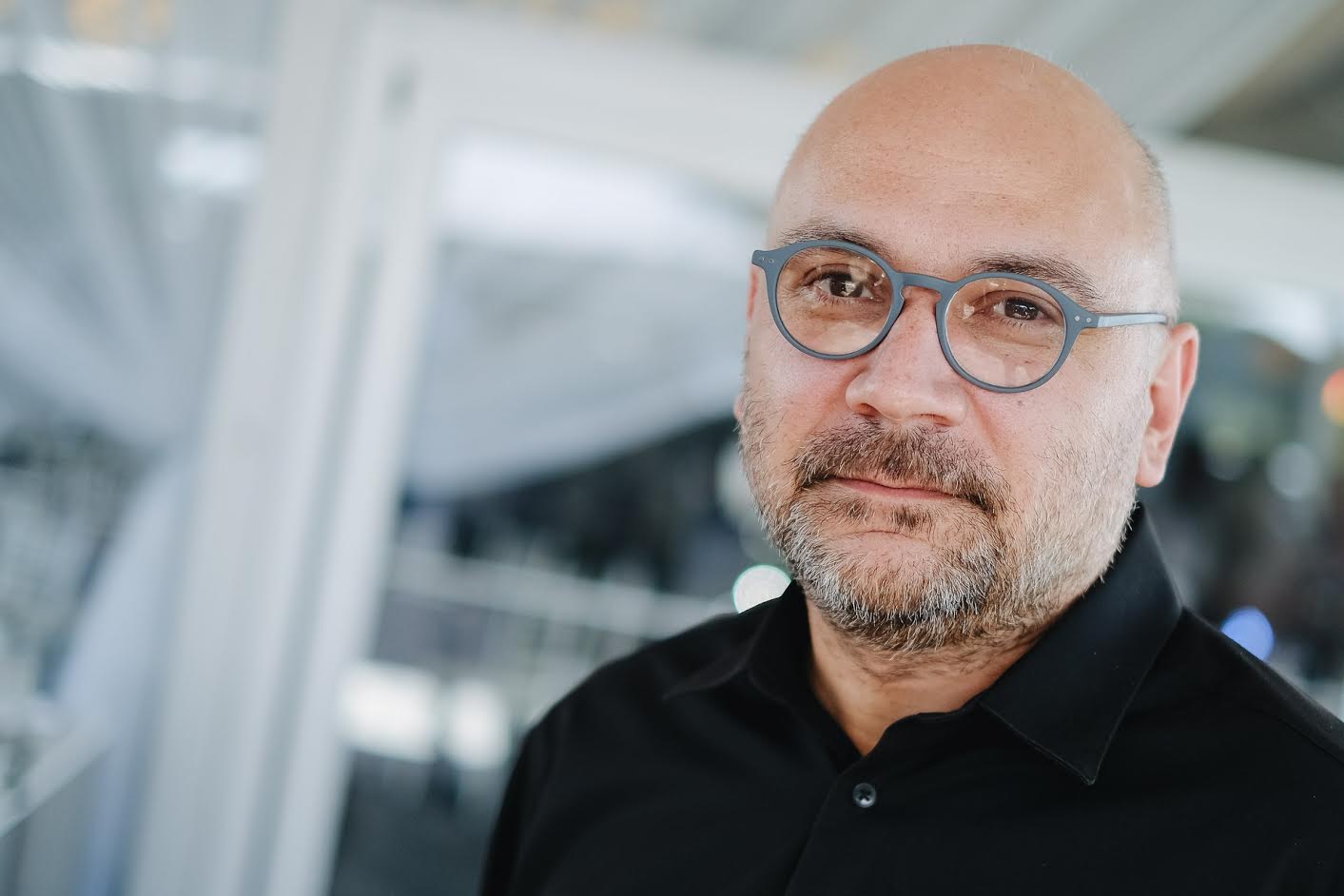
2. How does Croatia rank in terms of cybersecurity safety?
It is a confusing question, cybersecurity is (in my opinion) not something which is or can be very different regarding your physical location, cyberspace does not recognize national borders. You face exactly the same risks being in US, Croatia or China, it is more likely that your cyber visibility will make you a bigger or smaller target. Still, as Croatia is one of the safest places on the planet for you to be, similary you are quite protected in cyberspace as well. In general, we face the same risks in some areas such as viruses or ransomware attacks, but are less exposed in some other areas such as identity theft and similar.
3. A few simple tips for the common digital nomad to improve their own personal cybersecurity?
Well, when talking about cybersecurity, I am strong believer in firm discipline and protocols. This means that I will always (no exceptions under any circumstances) log on to a service exclusively from a device which I own. My passwords are very long and yours should be too. Anything with 14 characters or more should be quite safe – think of a favourite poem or sentence from a book, something really long. You should use different passwords on different services, never re-use passwords, you should use two factor authentication on all important accounts (social media, your main email account) and anything related to banking and your financials.
Do not leave credit/debit card information on any service except for ones which you use regulary and for which you have reasonable assurance and trust that they are safe. When you get email which asks for some of your personal information, or even asks you to reset a password, spend some time examining that message and check if it is valid and from exactly the person/institution which is presented in that message. Have your computer fully updated, make an ocassional full computer antivirus scan. Never execute software which you have downloaded from an unknown email message… There is no “secret recipe” to cybersecurity, only discipline and clearheaded thinking.
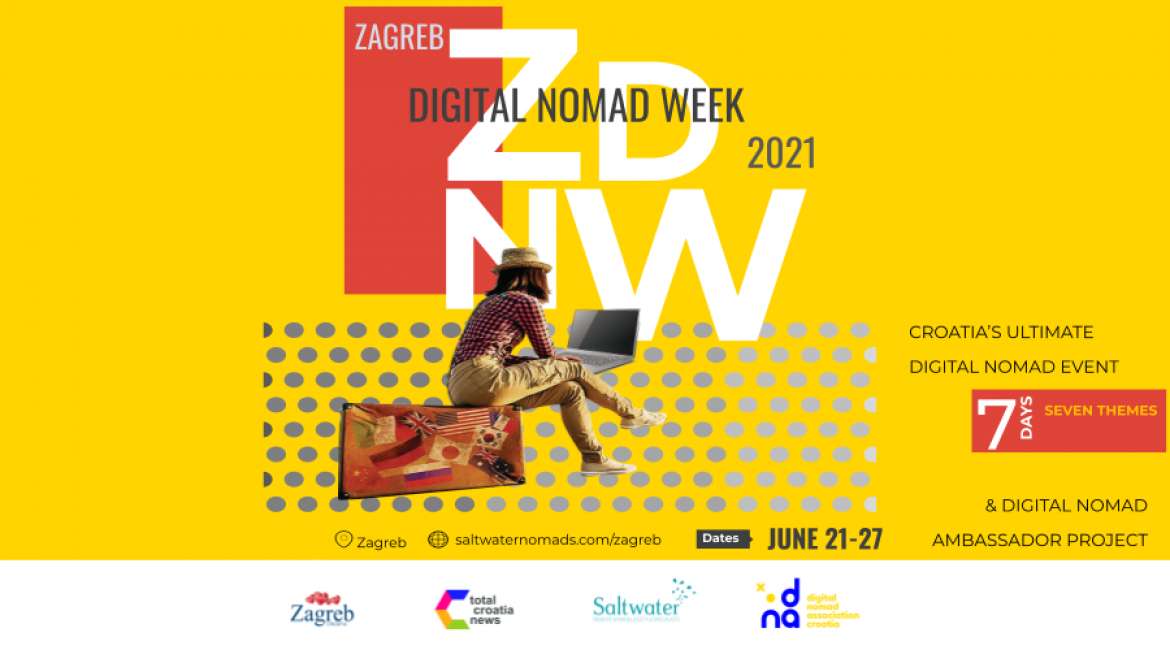
4. What are the biggest challenges facing governments and big business, where are the main threats coming from, and how can they best prepare themselves?
Currently and possibly for some time, the largest threat is and will remain ransomware, software which will encrypt the contents of your computer and asks for some kind of bitcoin ransom in order to get your data back (and/or not leaked to the internet). When you have large systems with hundreds or possibly thousands of computers, your cybersecurity is as strong as its weakest link – which usually boils down to the dumbest person in the building who brought his son’s notebook “which does not work properly” and then connects it to the company wide network (and of course, the corresponding IT department which did not prevent that from happening). So once again, computers should be fully updated, unknown devices from untrusted users should never be allowed on your network, regular security sweeps should be executed and above all, you should do regular backups which are stored separately from your data (Jesus not only saves, but frequently makes a backup is sensible advice to more religious people, and YOU WILL became religous when ransoware attacks).
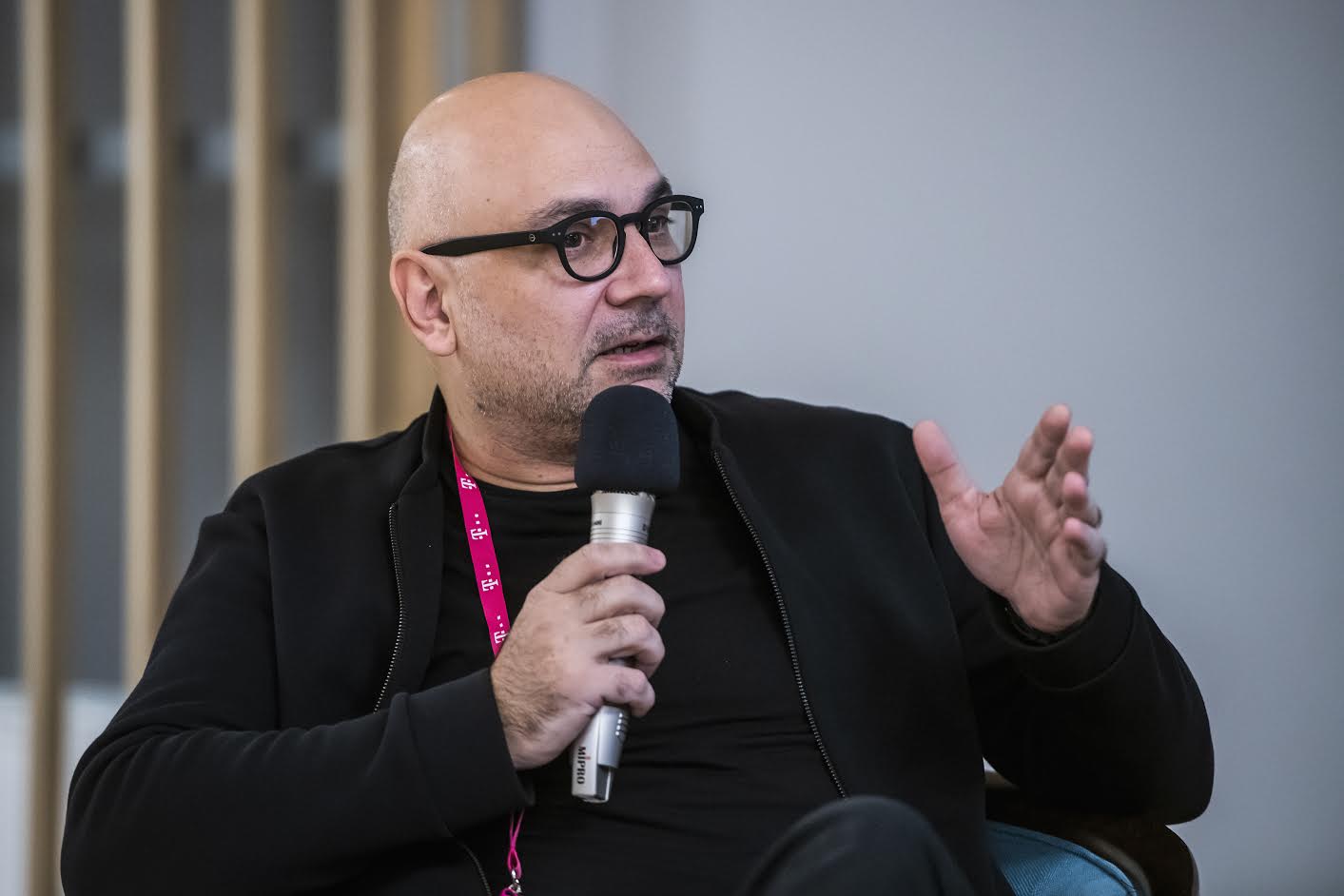
5. Tell us a little about digitalisation and Croatia. How are we doing, and how to speed up the digital revolution here?
Digital transformation in Croatia is, like everything else here, a story of contrast and unbeliveable achivements side by side colossal incompetencies and missed opportunities. In general, I would say that some services are great, such as netbanking services which are on the level of the very best you can find anywhere. Our government services are developing and are avaliable, but their development is uneven to the point that some services work great and flawlesly while others are barely usable and are absolutely unreliable to the point that some government eServices work only during the day (we literally have servers, plural, which will respond to you only during weekday working hours).
An important thing to know is that the procedures for handling documentation and legal processes in the Croatian “uhljeb”-powered bureaucracy have their roots in the 18th century Austro-Hungarian Empire. Back then people did not design their formal processes with computer workflow in their minds, so some of them are really, really hard to “translate” or digitise. Croatians, more than others, prefer form over function, which also means that we are really unwilling to take a long and hard look on why we do some things, and are very hesitant to change. As a result some of our eServices will leave you head scratching and wondering what happened there (or which chain of decisions lead to that particular result).
I am usually highly critical of Croatian eGovernment efforts, and I am critical not because I think they are particulary bad (but, as I said there are some unbeliveable stupid examples and situations), but because I know what kind of services we could have. To summarize, you will be pleasently surprised on how well Croatian businesses are handling the digital age and likely with eGovernment services too. We are probably at or above the EU average, and in some cases, we are cutting edge on the global stage.
6. There was a recent change of power in Zagreb, with the incoming mayor seemingly more open to reaching the digital age. What are your thoughts on the incoming administration and digitalisation?
The problem with Zagreb (and many other places as well) is that they have had the same leadership for a very long time. Those leaders are in general uneducated and their work processes and institution grew through the years by means of putting out one fire after the other. As a result, you have a barely functional administration which, to an outsider, looks like Frankenstein’s monster, but is actually quite logical for us who witnessed on how it came to be.
The new Zagreb leadership (as well as Split or Rijeka) is full of highly educated people who have seen the world, who have breadth of sight and long-term perspective on society. They will, I sincerely hope, try to make order out of the mess they inherited. We all have high hopes, and I think that we will start seeing first results within months. All of us should be avaliable to help them with our ideas, solutions and hard work.

7. You are a man who works from an Internet connection around the world, and a long-term Zagreb resident. How do you rate Zagreb as a digital nomad destination in terms of safety, lifestyle and things to do?
Zagreb is a safe place to be, one of the safest you can imagine and security should really not be an issue. Furthermore, Zagreb is a city of culture, everyone will find something for themselves. There are a number of beautiful parks and a mountain literally within minutes of the city centre. You can bike almost anywhere, nothing is too far away and you can always relly on public transport and the omni-present taxi service. You will find many restaurants, clubs and bars and whole areas dedicated to leisure activities. There are many startup accelerators, shared workspaces as well as different events on just about any topic you can imagine.
On top of that, you will experience the relaxed lifestyle which is harder and harder to find these days. Not to mention that there are many destinations nearby, within two hours you can find your self swimming in the Adriatic, climbing the Alps, enjoying Slavonian wine cellars, or walking through unbeliveable beautiful and a slightly embarrasingly large number of waterfalls at Plitvice Lakes National Park. (Digital) nomads are welcome to Zagreb and I am sure they will like what they find here.
Want to attend the Marko Rakar session cybersecurity on Monday, June 21, either online of in person? Register here.
For more information about ZDNW 2021, check out the dedicated Saltwater Nomads page.
For the latest news and features about digital nomads in Croatia, follow the dedicated TCN section.

